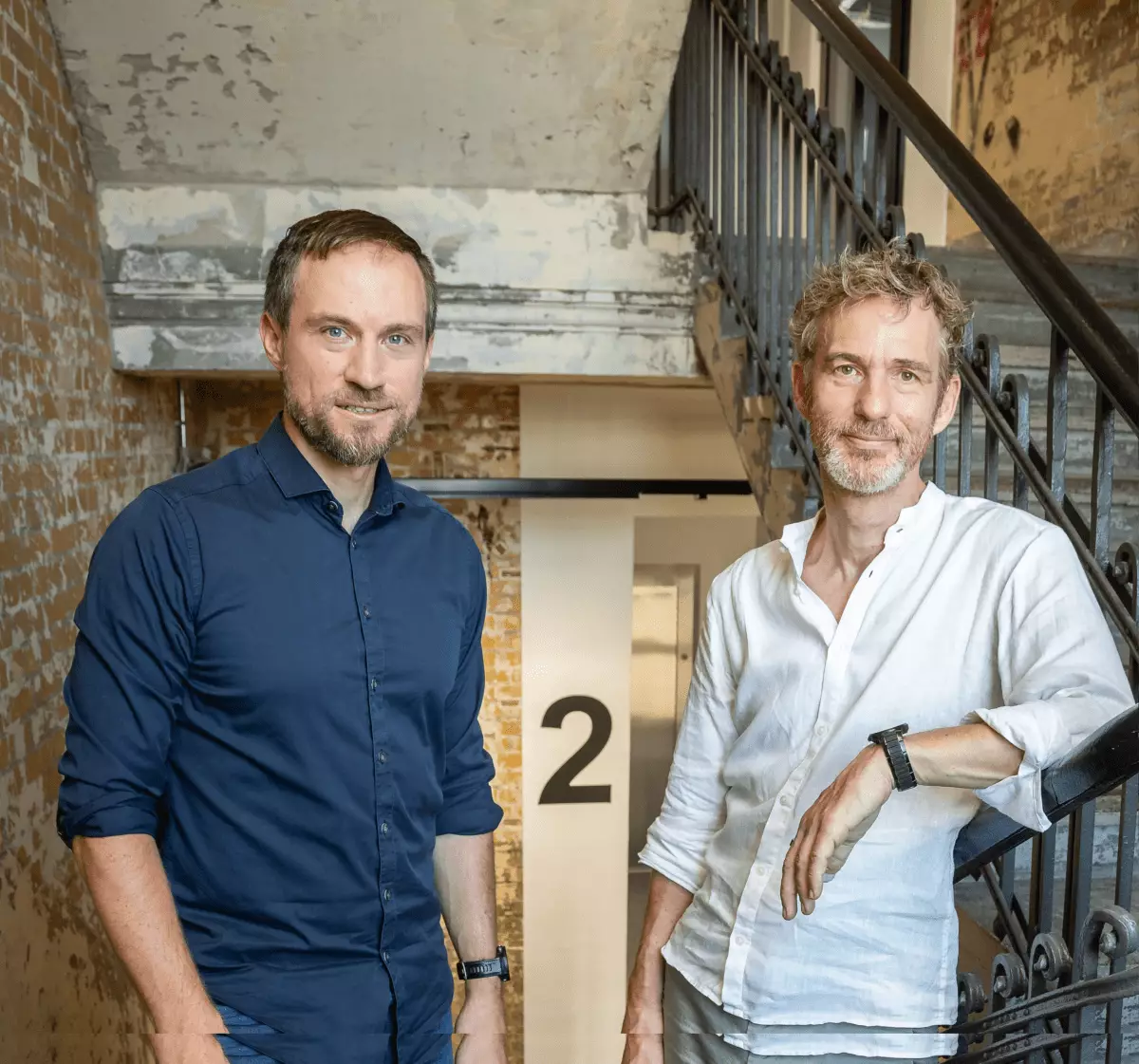In a significant shift within the executive ranks of Babbel, the Berlin-based language learning platform is set to experience a transitional phase following the resignation of its CEO, Arne Schepker. Schepker, who held the position for nearly five years, announced his decision not to renew his contract amidst a company evolution that he felt necessitated a leadership shift. In his place, co-founder Markus Witte will temporarily step into an executive role, assuming the title of Executive Chairman and Managing Director. This change heralds a new strategic direction for the company as it seeks to align more closely with the rapidly evolving landscape of artificial intelligence (AI).
Arne Schepker’s decision to step down was not taken lightly. As he expressed in an interview, his dedication to the role was hindered by a lack of enthusiasm for the repetitive nature of corporate tasks such as annual budgeting and setting objectives. His reflection on these duties highlights a broader issue in corporate leadership: the importance of passion and commitment. Schepker candidly acknowledged that effective leadership requires immense devotion, suggesting that a leader must contribute more than just the bare minimum—180 percent commitment was his benchmark. This self-awareness reveals a thoughtful approach to leadership, prioritizing the well-being of both employees and stakeholders over personal gains.
Interestingly, Schepker’s departure comes at a time when Babbel is navigating a pivotal transition in its operational focus, moving towards a heightened integration of AI in its language-learning offerings. His tenure has certainly not been without achievements; under his guidance, Babbel’s revenue surged to approximately $300 million, and the company expanded to a workforce of nearly 1,000 employees. However, what Schepker values most are the intangible contributions made during his leadership, particularly the company’s efforts to assist learners during the pandemic and provide free language resources to Ukrainian refugees.
Witte’s Reentry and Vision for the Future
Stepping back into the leadership spotlight, Witte’s return is anticipated to facilitate a smooth transition as the company moves forward. While he does not intend to permanently reclaim the CEO title just yet, his familiarity with Babbel’s core ethos and previous experiences position him well to guide the organization during this transformative period. He acknowledges the emergence of AI as a crucial component in the future language-learning ecosystem.
Babbel has previously dabbled in machine learning, but until now, it has not heavily promoted itself as an AI-driven platform. Witte understands the accelerated pace of technological advancement and the necessity for Babbel to remain agile in this environment. His insights into the current landscape of language learning technology highlight a newfound awareness among industry leaders about their lack of foresight, with even the developers of advanced language models grappling with the limitations of current technologies.
The intersection of language learning and AI provides fertile ground for innovative educational experiences. Witte posits that advancements in AI could catalyze a transformative shift in how Babbel approaches language education. The CEO believes that combining Babbel’s established expertise with AI technologies will enable the creation of a more personalized learning journey. This opportunity to harness new capabilities emphasizes the fundamental challenge of human language learning—an endeavor that remains deeply personal and interactive.
While technology indeed enhances learning efficiency, it cannot fully replace the human elements integral to language acquisition. Schepker highlights that true language learning is about connection and communication, whether with loved ones or distant acquaintances. This perspective underscores Babbel’s ongoing commitment to integrating technology with a human touch.
Looking ahead, Witte is committed to fostering an environment that prioritizes moments of joy for both employees and users alike. This focus on creating a positive experience reflects a broader recognition of the need for companies to cultivate a community-centered culture, particularly in the tech-driven world where user engagement is paramount. Witte suggests that a culture that celebrates these moments—achievements, learning experiences, and personal connections—will enhance overall satisfaction and drive loyalty among users.
As Babbel forges into this new phase under Witte’s guidance, the challenge lies in effectively balancing technological innovation with the company’s core mission of facilitating meaningful language learning experiences. The next steps for Babbel will be crucial in determining how the interplay of leadership, technology, and human connection shapes its future trajectory in the competitive landscape of online education.

